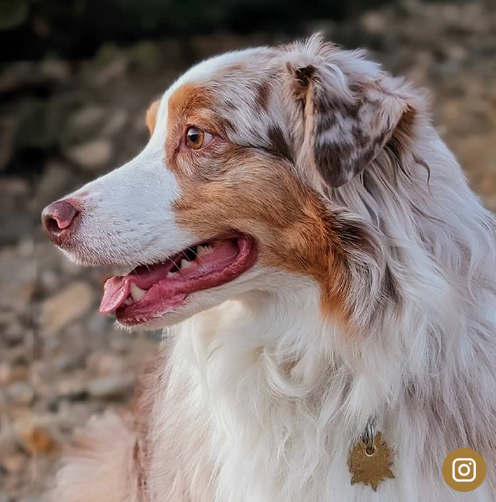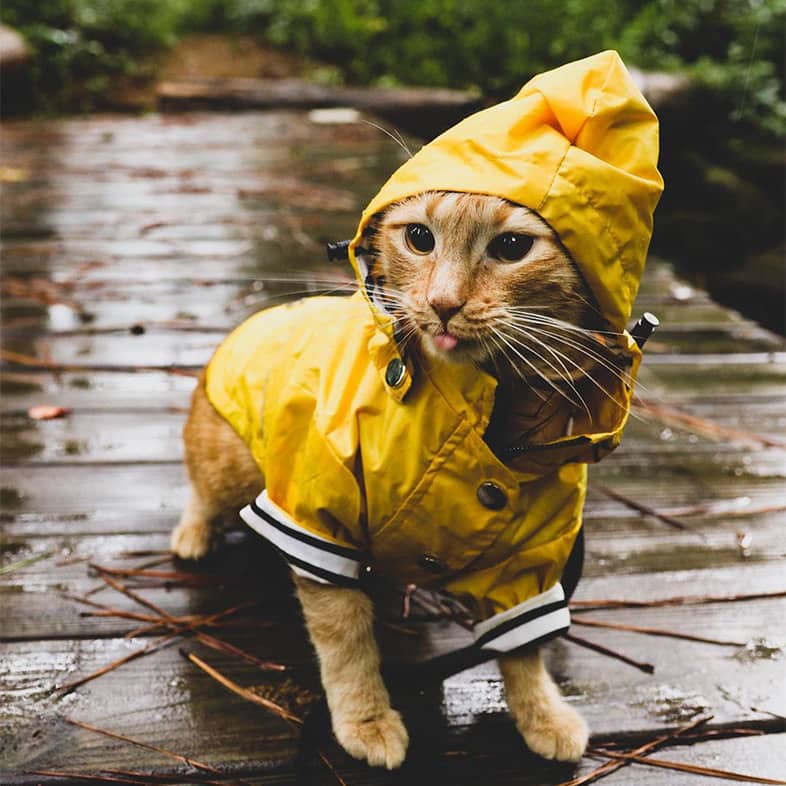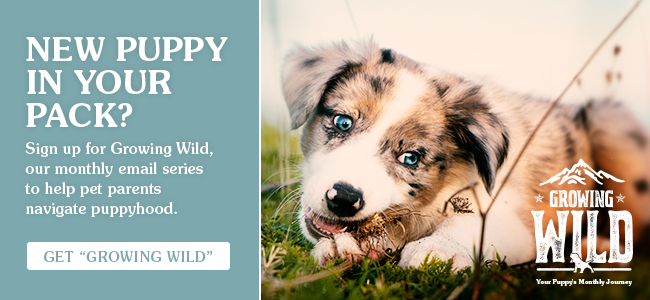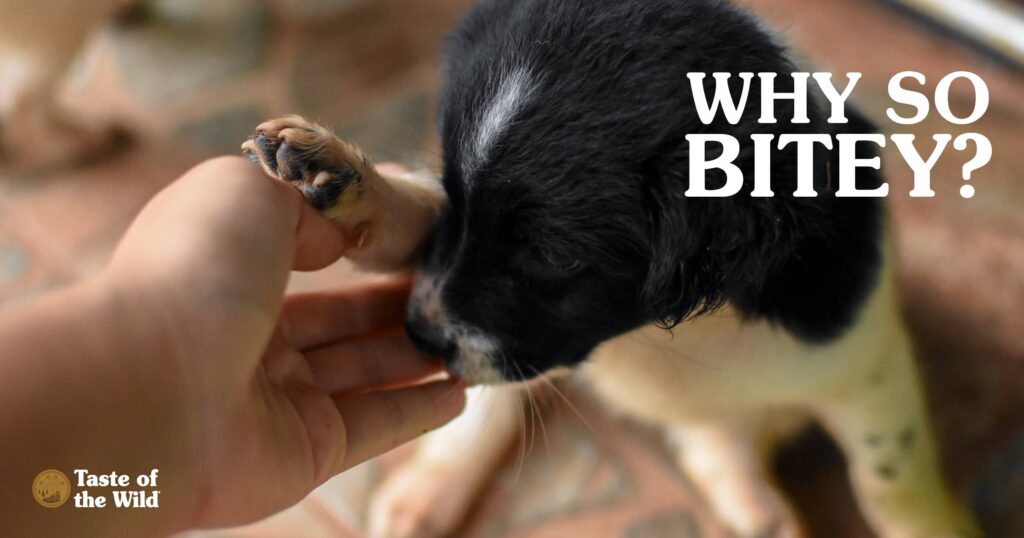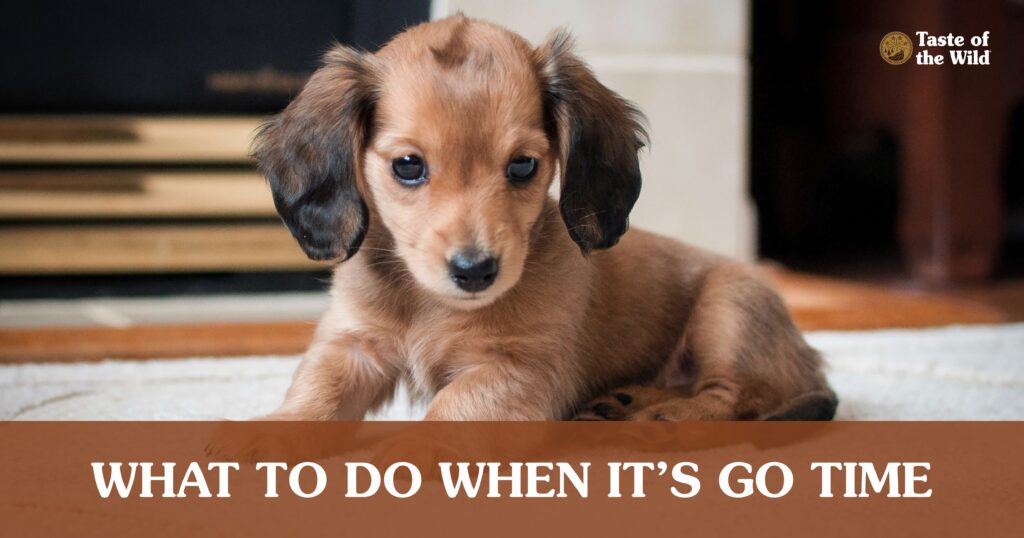
You have a puppy, which means that it’s go time, whether we collectively want it to be or not. When potty training a puppy, they will inevitably “go” when and where they aren’t supposed to. And that’s OK! Accidents happen, and they are learning. Just like knowing their name, potty training takes time; most puppies don’t fully master the art of elimination for a few months. Which means proud puppy parents should bone up on the best ways to clean puppy pee and poop.
Don’t Let It Linger
The longer it’s there, the harder it is to clean up. That’s the best thing to remember about puppy accidents. Stains set, odor seeps, and if the mess remains in place for too long, it can leave a nearly permanent reminder. So start cleanup ASAP!
If you happen to witness your puppy letting loose in the wrong place, clap or make a sharp noise to indicate that it’s bad and then quickly take them outside. Once they’ve gone in the “right” place, be sure to reward them with praise and/or treats or toys, to reinforce their good behavior. Never rub their nose in the mess, especially if you didn’t see them make it. They do not understand why you’d do it. No one learns anything, and everyone feels bad about it!
No Scrubs
When cleaning up puppy accidents, a gentle hand is required. You don’t want to mash anything into the carpet or furniture. First, scrape off any solids and soak up the liquid with dry paper towels. Make sure you blot rather than scrub to prevent the any material, liquid or odors from being pushed further into the material. Apply light pressure to help absorb the liquid faster. Then rinse with cool water and blot that dry.
Stop the Stain and Smell
It might be a good idea to invest in some store-bought pet stain and odor removers, but in a pinch, here is a homemade remedy that uses ingredients you probably have on hand. Grab some distilled white vinegar and baking soda. Make a 1:1 mixture of distilled white vinegar and water. If odor is a major concern, add two teaspoons of baking soda to the mix. Use a spray bottle to apply it to the stain and wait a few minutes, then blot dry with paper towels.
Removing the odor is important, not only for a sense of cleanliness but for your puppy’s progress. Puppies tend to pee where they smell other urine; it’s an instinct. Smelling urine is a signal that it’s OK to go there, because it’s happened before. So if they can smell it, they might go back to the well again, so to speak.
Even if the area is already dry, there are things you can try to remove the odor. Using the vinegar, water and soda combination to clean will also help neutralize the odor. Another option is to evenly spread a thin layer of baking soda alone on the stain and let it sit overnight.
There are also enzymatic cleaners available which are specifically designed for breaking down the organic matter in dog pee and poop. Just make sure to follow the directions on the label.
Whether you choose to use a store-bought option or a home remedy, always test the solution on an inconspicuous area first to make sure it’s safe for that surface type.
Potty training a puppy isn’t always easy, but it doesn’t have to be messy! With consistency and a few reliable cleaning methods, you can be ready when it’s go time, inside or outside.
RELATED POST: How to Train Your Puppy to Walk on a Leash
